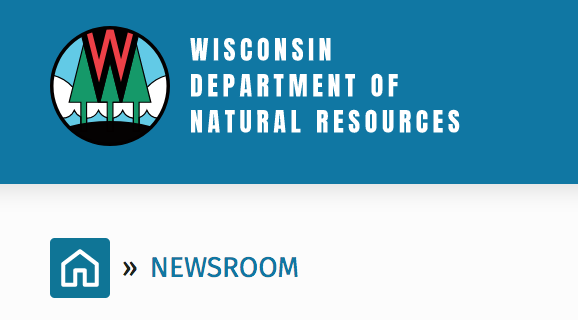The Wisconsin Natural Resources Board (NRB) today approved the Wisconsin Department of Natural Resources’ (DNR) 2024-2034 Elk Management Plan and the associated administrative rule package.
The plan is intended to guide elk management at a statewide level to ensure a healthy, robust and sustainable elk population that provides ecological, social, economic and cultural benefits while minimizing elk-human conflicts in Wisconsin.
The DNR and the Wisconsin Elk Advisory Committee, consisting of the DNR, Tribal Nations representatives, external agencies and stakeholders, developed the 2024-2034 Elk Management Plan to align elk management strategies with the current state of Wisconsin’s elk population, the interests of different user groups and the cultural significance elk provide.
The DNR collected and considered a wide variety of input throughout the development process. The outreach and feedback mechanisms included consultation with Wisconsin’s Tribal Nations, the Great Lakes Indian Fish and Wildlife Commission, members of the Elk Advisory Committee, private landowners and various stakeholder groups, recommendations from the NRB, public surveys, open houses and public comment periods.
Key updates to elk management in Wisconsin include:
- Managing the statewide elk population using an adaptive management approach
- Renaming the management zones to include regional distinctions (Northern and Central)
- Creating one continuous elk hunting season
- Expanding the boundaries of the elk management zones
- Establishing elk hunting units within and adjacent to elk management zones
Wisconsin’s elk herds reside in northern (Ashland, Bayfield, Sawyer, Rusk and Price counties) and central Wisconsin (Jackson County). The state’s elk population is projected to reach over 500 animals after this year’s calving season.
To view the Elk Management Plan 2024-2034 or learn more about elk in Wisconsin, visit the DNR’s Elk Management webpage.














